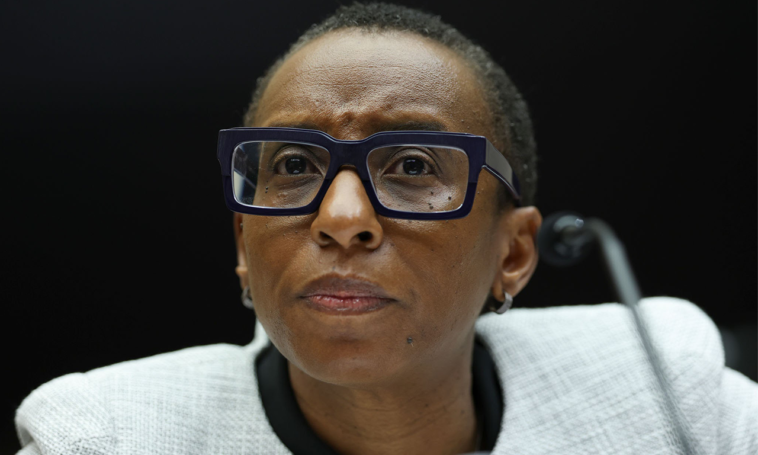Harvard board refused to vote against President Gay
Harvard’s board stood firm behind Claudine Gay as the University President, a stance getting both appraisal and condemnation.
Harvard University found itself in a challenging position following the October 7 attack on Israel by Hamas. Negotiating the complex terrain of responding to a pro-Palestinian group’s assertion that Israel bore full responsibility for the violence proved to be a significant test.
Initially, Harvard officials chose to remain silent, a decision that drew attention and criticism. Later, the university issued a statement acknowledging the range of emotions felt within the community in response to the situation.
As the events unfolded, Harvard’s president, Claudine Gay, faced intense scrutiny for her handling of the matter.
This scrutiny came to a head during a congressional hearing on antisemitism, where Dr. Gay was questioned about whether threatening Jewish people with genocide would violate the university’s code of conduct. Her response, characterized as equivocal, led to calls for her resignation.
Reports say, “After days of silence and mounting pressure, Harvard’s governing body finally spoke out, offering a unanimous show of support for Dr. Gay. “
The decision was reached after extensive deliberations, addressing not only the immediate concerns but also signaling the university’s stance on issues like disruptive student protests.
The board emphasized its commitment to open discourse and academic freedom while asserting a zero-tolerance policy for actions that disrupt the classroom environment.
The controversy at Harvard extended beyond the specific incident to encompass broader issues related to free speech, ideological diversity, and the challenges faced by universities in addressing contentious topics such as the Israeli-Palestinian conflict.
The article underlines the growing focus on student demonstrations, particularly those targeting conservative speakers, as a point of concern for donors, alumni, and politicians who argue that elite colleges are becoming inhospitable to ideological diversity.
The responses from three college presidents, including Dr. Gay, were criticized for being legalistic and hedged, leading to calls for their resignations. While only one president, M. Elizabeth Magill of the University of Pennsylvania, resigned in the aftermath of the hearing, it prompted reflections on the state of higher education and the need to address challenges on campuses.
Greg Lukianoff, president of the Foundation for Individual Rights and Expression, an organization focusing on free speech issues at universities, remarked on the hearing’s potential to serve as a wakeup call. He noted that it highlighted underlying issues on campuses that need careful consideration, urging a reevaluation of the desired future for higher education.
The decision by Harvard’s governing body to retain Dr. Gay, the university’s first Black president, was met with a mix of hopes for moving forward and dissatisfaction from critics.
Laurence H. Tribe, a Harvard law professor emeritus, who initially criticized Dr. Gay’s congressional performance, joined other faculty members in signing a petition supporting her. The article presents diverse perspectives on the decision, highlighting the complexities of the situation.
It also sheds light on additional criticisms faced by Dr. Gay, including accusations of plagiarism concerning three articles. Harvard acknowledged the allegations and conducted a review, determining that she did not violate the university’s standards for research misconduct. However, the review identified instances of inadequate citation, leading Dr. Gay to request corrections in two articles.
As the controversy surrounding Dr. Gay’s leadership unfolded, it sparked a broader discussion on the role of universities in society and the responsibilities of university leaders.
The pressure campaign to oust Dr. Gay, coupled with the efforts of supporters rallying behind her, reflected the deep divides and complexities within the Harvard community.






Join the Community and Be a Part of the Conversation
You must be logged in or registered to post a comment.